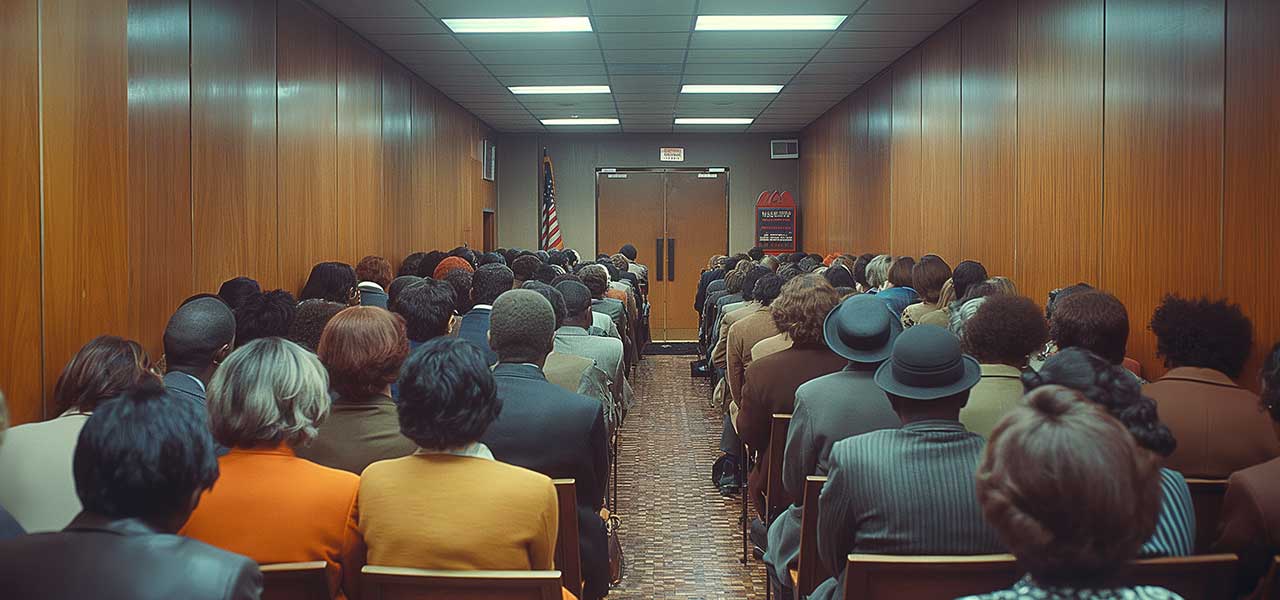When I first started writing The Fine Print series, I received comment after comment about the advantages of small claims court over arbitration. I pushed back and argued that consumer arbitration provides aggrieved claimants with a better chance of receiving relief.
After beating Citi in one arbitration case, settling another, and fighting the likes of eBay, Dell, and everyone in between, I am still convinced that consumer arbitration is an effective tool for fighting corporate mischief.
Still, not every claim can be brought in arbitration. Others have to be adjudicated in small claims. For example, I had an issue with British Airways that did not have an arbitration provision. I filed that in New York Small Claims and the case settled.
Counting on that positive experience, I took on another case against an airline hoping for a swift, equitable resolution. I detailed the play-by-play of my first time in small claims First-Hand Tutorial Guide.
Where We Were
Here’s the quick recap: I went to small claims. The airline’s lawyer did not show up. Instead, he sent a lawyer to appear on the airline’s behalf and ask for an adjournment. I spoke to that lawyer and gave him my contact information in the hopes that the airline would reach out to me to discuss the matter.
They did not. Instead, my client and I had another court date scheduled. Since neither of us could be there, I paid for an attorney to appear on our behalf and ask for another adjournment. I also knew that the airline had to send its lawyer to court. Otherwise, a judgment could be found in our favor for the airline failing to appear. The lawyer did appear, and I contacted him about the status of the case. He said that there was no way that the airline was going to settle.
The Trial Date
Months later, the trial date had arrived. There would be no more adjournments. Justice would be served that night. Only it wasn’t. Here’s why: The airline’s lawyer would not agree to arbitrate the matter.
Instead, he insisted that the judge preside over the hearing. This posed two problems:
- We were #25 on the docket which meant that there was no chance that we would go before the judge that night.
- Small claims, especially in New York, frowns upon two lawyers fighting it out in front of the judge. If you take the airline’s lawyer at his word, he said that there would be no way that the court would allow me to litigate this case on behalf of my client.
Meanwhile, right down the hall, the express train to justice was immediately available for those that would go before an arbitrator. I tried my best to convince the airline’s lawyer to choose this expeditious route. He demurred and stated that he wanted the right to appeal should we prevail at trial, an option unavailable in arbitration. Beyond annoyed and out of options, my client agreed to reschedule the trial for a future date.
Where We Are
If we want to go forward, my client has to return to small claims, deal with the DMV atmosphere, all in the hopes that he will be heard by the judge. It is likely that the docket will be full again, and the parties will have to agree to postpone it again.
Groundhog’s Day will continue until the backlog is cleared and my client finally has a chance to present his case. If he does not appear throughout this ridiculous process, his case will be dismissed. If he does appear, most likely it will be without the aid of his attorney because I cannot spend my life in small claims, and I may not even be welcome to advocate on his behalf if I am in attendance.
To make matters worse, even if he does win, it is likely that the airline will appeal and the nightmare will continue.
What This Means
There is no justice in small claims court. It is another ruse. While big companies can afford to send out their lawyers to postpone these cases by waiting it out until dismissal, the average consumer does not have the time to waste on such matters and will give up on the process.
If the consumer’s day in court does arrive, the consumer still has a small shot at justice. This may be because the respondent refuses to go through the arbitration process and stalls the process interminably by insisting on a trial before a judge. That could take months.
This may be because the client has to represent himself because the state does not allow lawyers in small claims. Now the consumer has to devote time and energy to understand the small claims process and present a lucid, logical argument as to why he or she is entitled to relief. If the state does allow for lawyers in small claims, it is a certainty that the judge will be impatient in dealing with two lawyers fighting over a dispute worth a few thousand dollars at the most.
Disillusioned, most consumers will not file a claim. Resultantly, companies continue to get away with questionable conduct.
Consumer Arbitration Is No Panacea
While the experience in small claims was frustrating for me and my client, it does not mean that the alternative, consumer arbitration, is always the answer. There are instances where small claims may serve a purpose e.g., if you have infinite time and are infinitely angry. Like small claims, consumer arbitration has many provisions that companies manipulate so that the claims are never arbitrated.
The only certainty is that companies will do anything and everything they can to avoid liability. That does not mean that we should stop fighting. It just means that we have to be more cunning and, unfortunately, more patient. That is a tall order given our constraints on time and their limitless resources.






